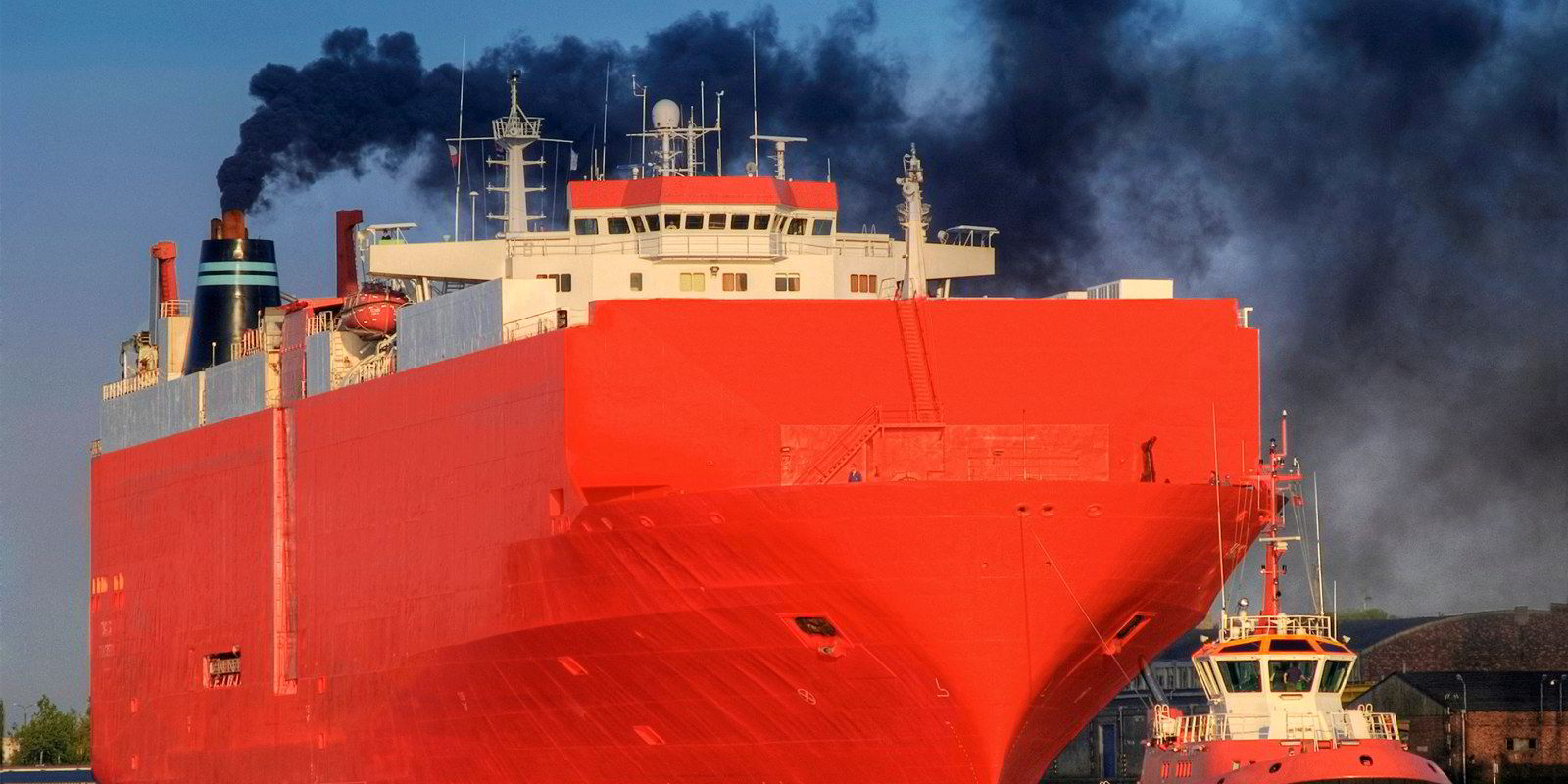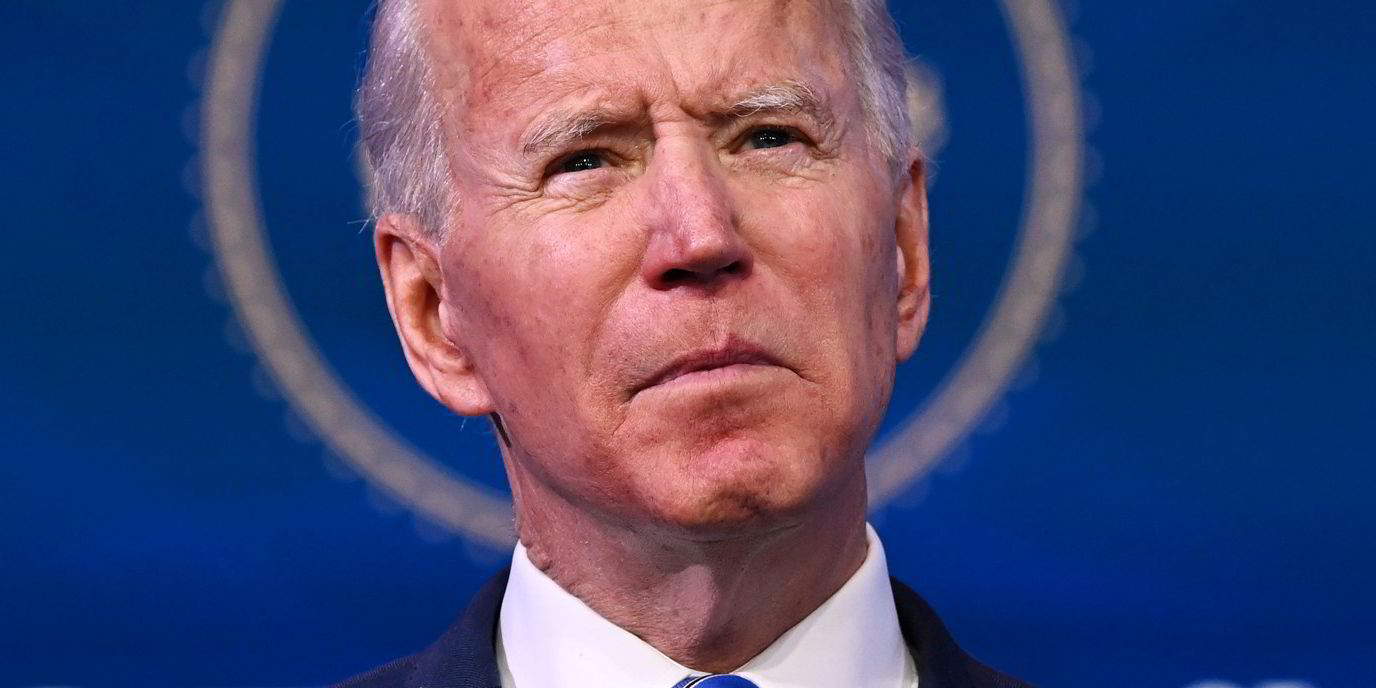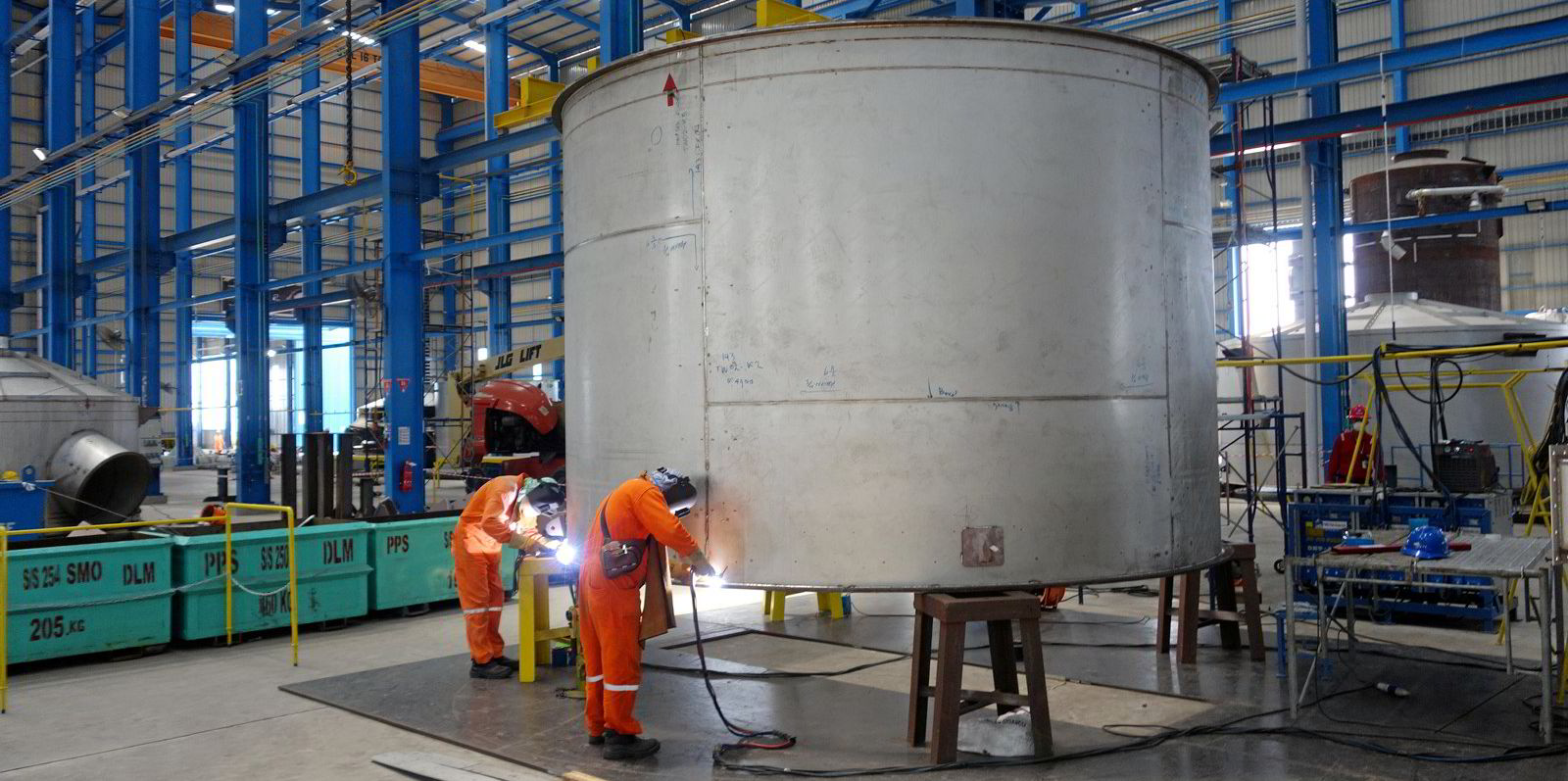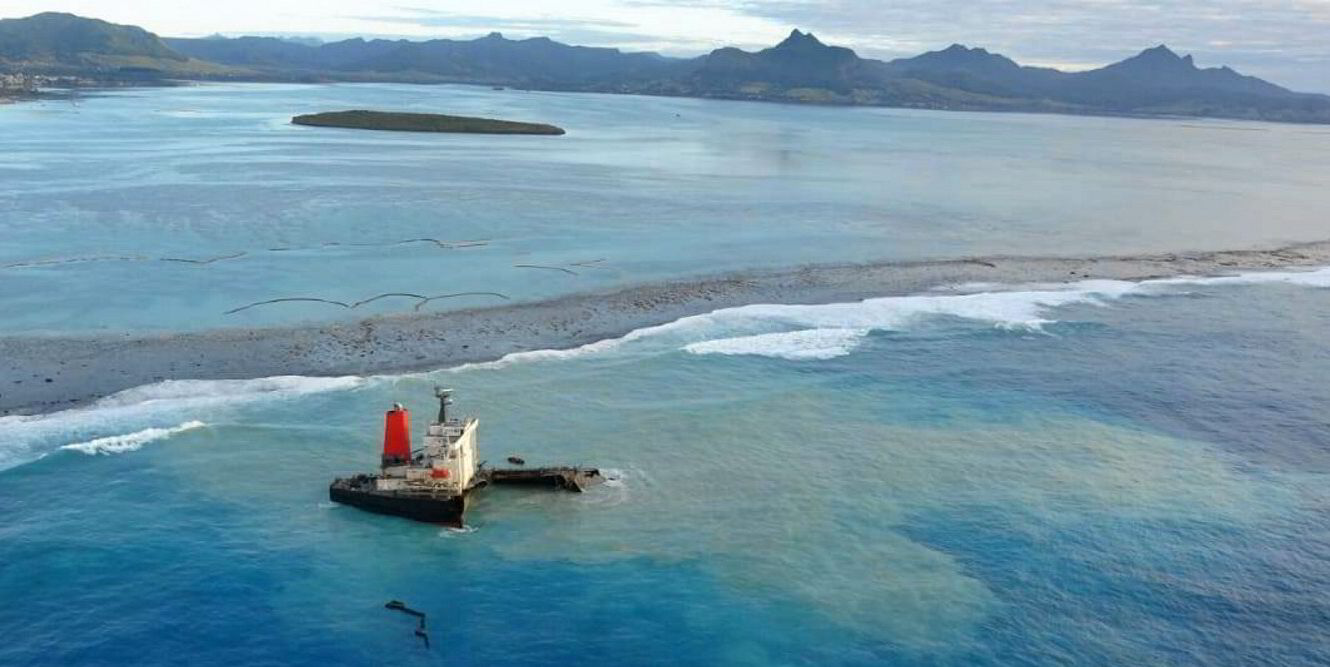Shipowners had more trouble finding very low sulphur fuel oil (VLSFO) in Cuba than in any other country last year, according to an International Maritime Organization database.
Since the beginning of 2020, the IMO has required ships without exhaust gas scrubbers to burn either VLSFO or marine gasoil with 0.5% sulphur limits, to reduce pollution.
But shipowners can file fuel oil non-availability reports (Fonars) if they cannot find fuels that meet regulatory requirements.
Port-state control officials can exempt those owners from prosecution after taking their Fonars into consideration, although they do not have to do so.
In 2020, IMO member states received 86 non-availability reports, of which 55 were related to VLSFO.
Cuba’s Matanzas port received six of those reports and Cienfuegos saw three. All other ports had no more than two Fonars.
It was not clear how the IMO 2020 rules were enforced in Cuba, which was not a signatory of Marpol Annex VI.
The remaining 31 Fonars in the IMO database were related to the non-availability of 0.1%-sulphur fuels in emission control areas. Of them, Canada’s Prince Rupert, received 12.
On its website, the IMO said the 2020 transition was “extremely smooth” and “a testament to the preparations of all stakeholders prior to the new rules entering into force”.
Roel Hoenders, head of air pollution and energy efficiency at the IMO, said the number of Fonars related to VLSFO was “remarkably low”, given that more than 60,000 ships were operating in oceangoing trade.
“We had a great deal of preparation during 2019 and before, from all stakeholders, and all indications are that there have been no significant issues with supply of low-sulphur fuel oil," Hoenders said.
The IMO said the introduction and implementation of new bunker rules “did not cause any disruptions in trade” during the coronavirus pandemic and it has not received reports of safety issues linked to VLSFO.
The comments came as Mauritian development economist Nishan Degnarain accused the IMO in a series of Forbes articles of introducing VLSFO as part of its greenwashing efforts.
Degnarain said VLSFO contains “a wide variety of undefined toxic chemicals” that put seafarers and ocean environments at risk, even linking its usage to the sinking of the 203,100-dwt Wakashio (built 2007). His argument was disputed by Mitsui OSK Lines, the Wakashio’s charterer.







